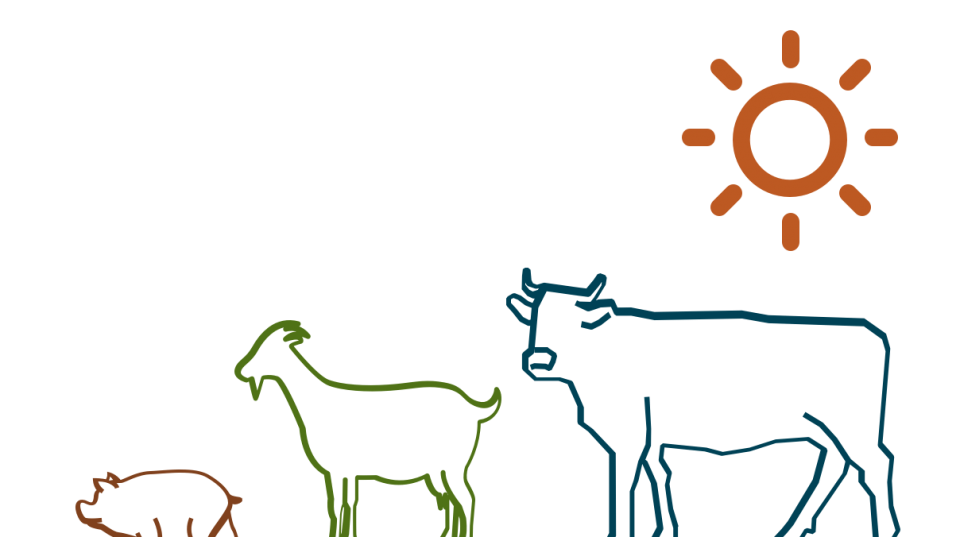Overview
The North West Highlands of Vietnam is one of the poorest regions in the country. Approximately 75% of the ethnic minority people who dominate the region live in poverty, partly because they have poor access to profitable markets in comparison with other regions of Vietnam. There are also various biophysical constraints to agriculture - especially long dry winters and remote mountainous terrain. The Vietnamese Government and ACIAR have identified beef cattle production, an important component of the smallholder farming system, as a priority area for further research and development.
Market demand for beef has increased rapidly in Vietnam (from 7,700 tonnes (liveweight basis) in 2001 to 159,400 tonnes in 2006). Data on beef imports to Vietnam also support the dramatic increase in demand for beef - the total import value of beef in 2009 was around USD160 million. These data indicate that the demand for beef is increasing rapidly in Vietnam, especially beef in the high quality category, and that domestic beef production is unable to meet this demand.
The overall aim of the project was to develop, evaluate and implement new technical and market strategies to improve smallholder incomes from beef cattle in the north-western highlands of Vietnam. This was achieved through the following objectives:
- Improve the efficiency and effectiveness of existing beef value chains and the profitability and sustainability of the value chain for smallholder cattle producers.
- Quantify the biophysical and socio-economic characteristics of the smallholder farming systems involving cattle production.
- Develop and test viable management strategies for capitalising on market opportunities and minimising the impact of the cold dry season and other important cattle production constraints.




